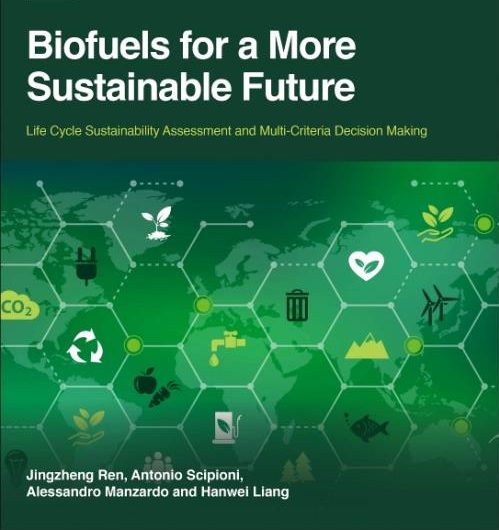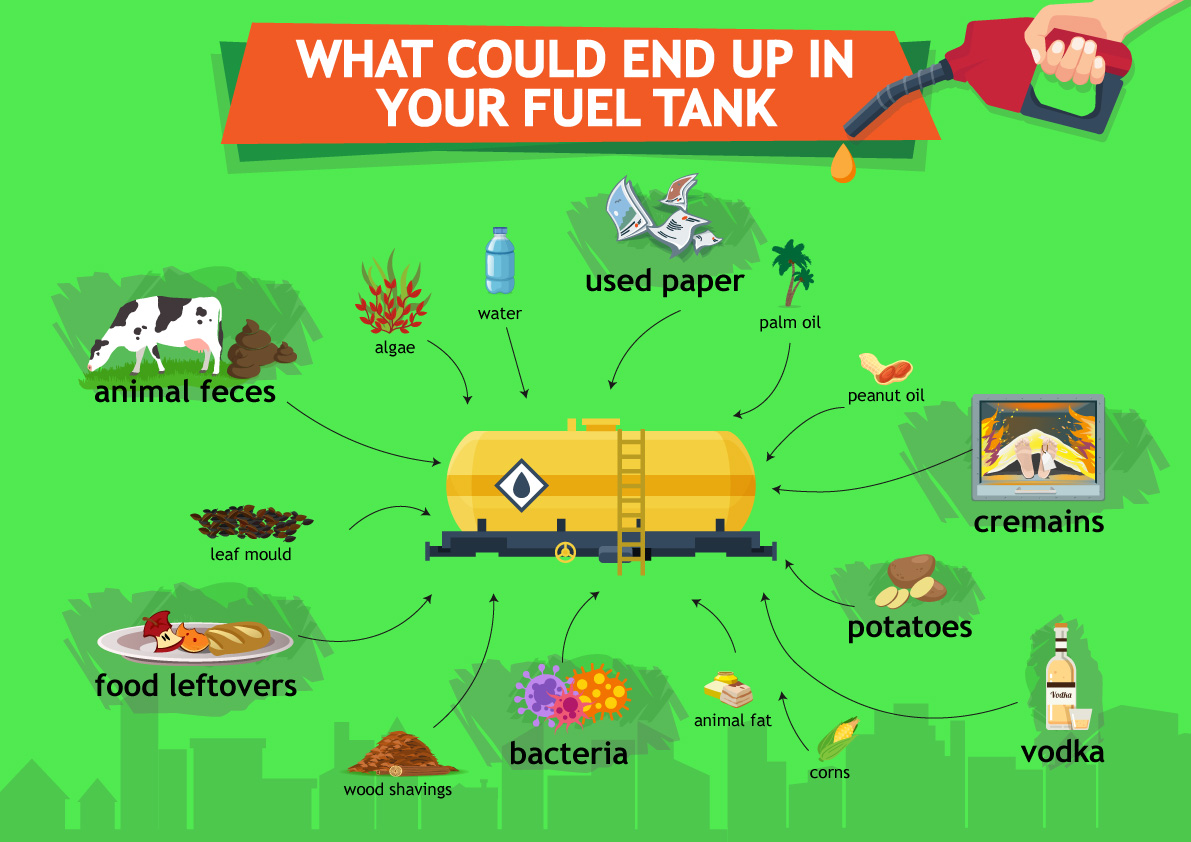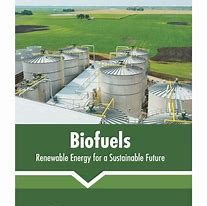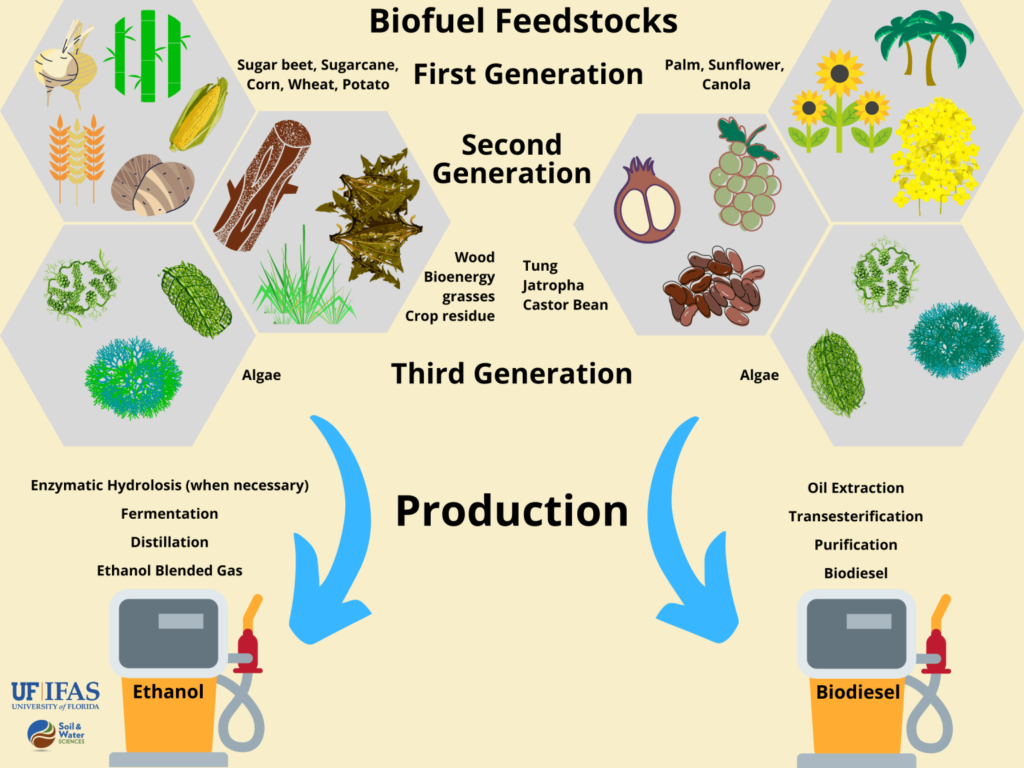
A Sustainable Future Powered by Biofuels: Vision for the Future
Introduction
In today’s world, the pursuit of sustainability has become more important than ever. As industries continue to grow and economies expand, there is a pressing need to find alternative energy sources that can meet our needs without compromising the health of our planet. This article aims to provide an overview of the significance of biofuels in achieving sustainability goals and emphasizes the importance of a visionary perspective in shaping the future of biofuel adoption.
Historical Background
The evolution of biofuels as an alternative energy source dates back to the early 20th century when the first commercial production of ethanol from biomass took place. Over the years, significant milestones and key developments have shaped the biofuel industry, making it a viable and sustainable solution for our energy needs.
Key Concepts and Definitions
Before delving into the main discussion points, it is important to understand the key concepts and definitions related to biofuels. Biofuels, including biodiesel, ethanol, and biogas, are derived from renewable resources such as agricultural crops, organic waste, and algae. Sustainability, in the context of biofuels, refers to the ability to meet current energy needs without compromising the ability of future generations to meet their own needs. A visionary perspective entails driving the development and adoption of biofuels as a sustainable energy solution.
Main Discussion Points
Environmental Benefits of Biofuels:
Biofuels offer several environmental benefits that make them a viable alternative to fossil fuels. Firstly, biofuels reduce greenhouse gas emissions, hence combating climate change. By utilizing renewable resources, biofuels contribute to a significant reduction in carbon dioxide emissions. Secondly, biofuels decrease our reliance on fossil fuels, reducing the environmental impact associated with their extraction, transportation, and combustion. Lastly, the production of biofuels promotes the preservation of natural resources, as they rely on sustainable agricultural practices and waste-to-energy conversion.

Economic Advantages of Biofuels:
The adoption of biofuels brings about significant economic advantages. Firstly, the production and distribution of biofuels create job opportunities and stimulate economic growth. Biofuel production requires a diverse workforce, ranging from farmers and researchers to engineers and technicians. This leads to increased employment rates and economic activity in regions where biofuel production facilities are established. Secondly, biofuels contribute to energy independence and security by reducing reliance on imported fossil fuels. By producing their own renewable energy, countries can ensure a stable and secure energy supply. Lastly, biofuel production has the potential to drive rural development, as it provides alternative income sources for farmers and stimulates economic activity in rural areas.
Technological Advancements and Innovation in Biofuel Production:
The biofuel industry has witnessed significant technological advancements and innovation in recent years. Second-generation biofuels, produced from non-food feedstocks such as agricultural residues and cellulosic biomass, have emerged as a more efficient and sustainable alternative to first-generation biofuels. Furthermore, the integration of biofuels with other renewable energy sources, such as solar and wind, offers the potential for a more comprehensive and reliable energy system. Additionally, biofuel byproducts, such as glycerol and lignin, have found applications in various industries, including pharmaceuticals, chemicals, and materials.
Case Studies or Examples
Real-world examples of countries implementing biofuel initiatives showcase the success of sustainable practices. For instance, Brazil has been a pioneer in adopting biofuels, particularly ethanol derived from sugarcane. The country’s biofuel program has not only reduced greenhouse gas emissions but also spurred economic growth and contributed to energy security. Similarly, the aviation industry has been exploring the use of biofuels to reduce its carbon footprint. Airlines such as KLM and United Airlines have successfully incorporated biofuels into their operations, demonstrating the feasibility and environmental benefits of biofuel adoption.

Current Trends or Developments
Advancements in biofuel feedstock research and development are driving the industry forward. Researchers are exploring alternative feedstocks, such as algae and waste materials, that have the potential to enhance the efficiency and sustainability of biofuel production. Moreover, policy changes and government support for biofuel adoption are creating favorable conditions for the industry to thrive. Governments around the world are implementing incentives and regulations to promote the use of biofuels, further accelerating their adoption. Recent research findings on the efficiency and sustainability of biofuels continue to contribute to the development of best practices and guidelines for biofuel production and use.
Challenges or Controversies
Despite the many benefits of biofuels, there are challenges and controversies surrounding their adoption. The food vs. fuel debate raises concerns about the impact of biofuel production on global food security. Critics argue that diverting agricultural crops from food production to biofuel production can lead to price spikes and food shortages. Additionally, the cultivation of biofuel feedstocks can contribute to land use change and deforestation, particularly in regions where land is cleared for monoculture plantations. The impact of biofuel production on water resources and biodiversity is another concern, as water-intensive crops and land use changes can affect local ecosystems.
Future Outlook
The potential of biofuels in mitigating climate change and achieving sustainability goals is immense. As technology continues to advance and innovation drives the biofuel industry forward, the future holds great promise. The role of innovation and technological advancements in biofuel production will be crucial in overcoming existing challenges and ensuring the scalability and efficiency of biofuel adoption. Predictions point towards increased biofuel adoption and market growth as countries and industries recognize the need for sustainable energy solutions.

Conclusion
In conclusion, biofuels play a vital role in achieving a sustainable future. This comprehensive article has highlighted the environmental, economic, and technological advantages of biofuels, as well as the challenges and controversies surrounding their adoption. A visionary perspective is crucial in shaping the future of biofuel adoption, as it drives innovation, policy changes, and investment in sustainable energy solutions. It is essential for individuals, industries, and governments to explore and implement biofuel solutions to move towards a more sustainable future.




